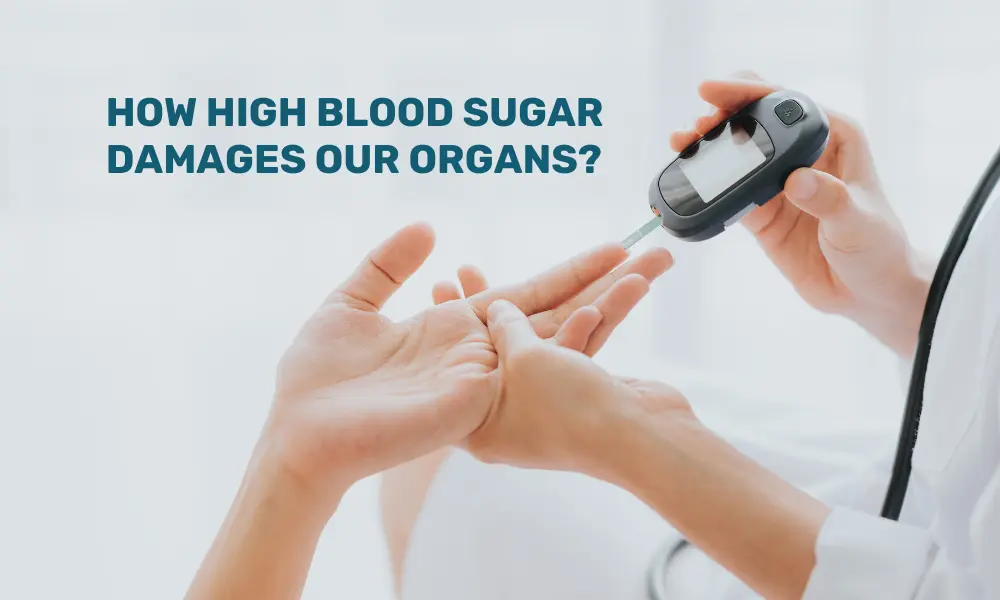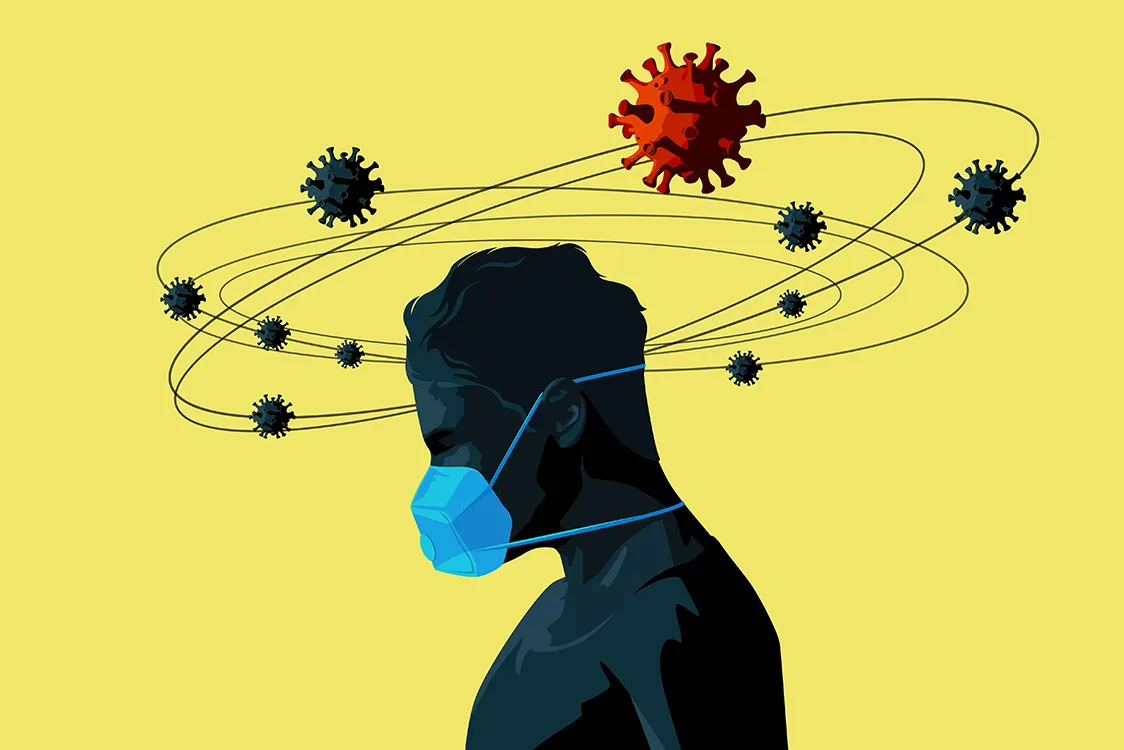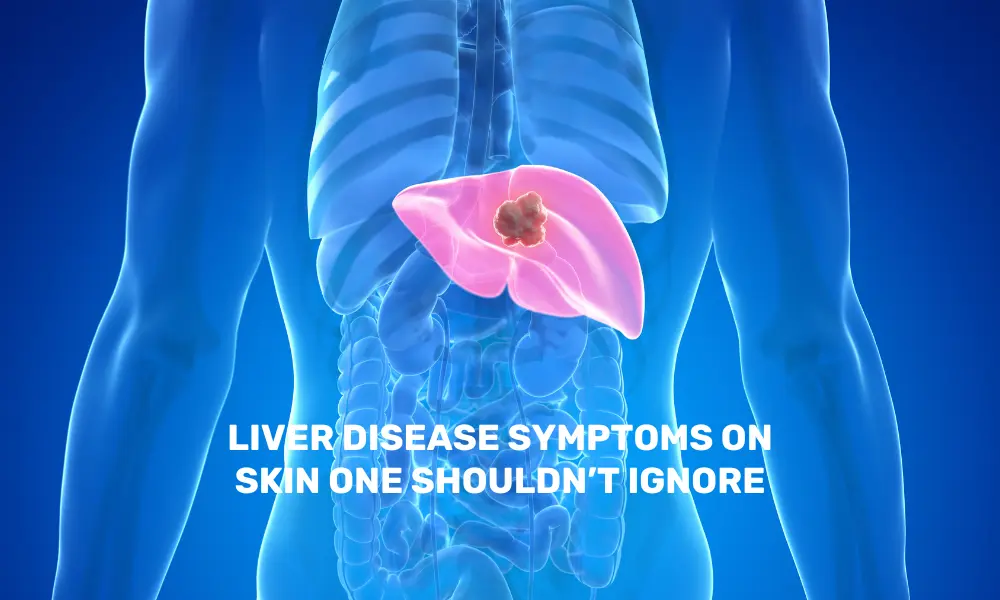Endometriosis is a chronic and painful health condition that affects millions of women globally. This article closely looks into the causes of endometriosis and its treatment.
It has been observed that awareness about endometriosis is lacking among the masses, which means many women are unable to avail timely treatment for this condition. Endometriosis is a complex and challenging health condition that impacts a woman’s quality of life. By understanding its causes, signs, symptoms, and treatment options, women can be aware of this health condition’s risk and recovery scope.
Let us know the causes, symptoms, and treatment options associated with endometriosis.
Causes of Endometriosis:
Various theories suggest potential causes of endometriosis:
-
Immune System Disorders: When the immune system stops functioning efficiently, it may allow endometrial cells to grow and implant outside the uterus.
-
Surgical Scars: Previous surgeries such as cesarean sections or hysterectomies may lead to the implantation of endometrial cells on surgical scars.
-
Retrograde Menstruation: During mensuration, when the menstrual blood, instead of exiting the body, flows backward into the pelvic cavity, it may cause a favorable situation for endometriosis. These displaced cells then implant and grow on pelvic organs, causing endometriosis.
-
Embryonic Cell Transformation: Sometimes hormones such as estrogen may transform embryonic cells into endometrial-like cell implants.
Symptoms of Endometriosis:
The symptoms of endometriosis can be different for individuals and may include:
-
Menstrual Irregularities: Heavy menstrual bleeding, prolonged periods, or irregular menstrual cycles may indicate the presence of endometriosis.
-
Painful Urination or Bowel Movements: Endometrial implants on the bowel or bladder may cause pain during bowel movements or urination, especially during menstruation.
-
Pelvic Pain: Chronic pelvic pain, which may worsen during menstruation, intercourse, or bowel movements, is a hallmark symptom of endometriosis.
-
Painful Intercourse: Discomfort or pain during intercourse is one of the common symptoms experienced by women with endometriosis.
-
Infertility: It is one of the major symptoms that may indicate the existence of endometriosis in women. The endometrial tissue present in the pelvic cavity can interfere with ovulation, fertilization, and implantation of the embryo.
Treatment Options for Endometriosis:
-
Pain Relief: Pain relievers like nonsteroidal anti-inflammatory drugs may help alleviate pelvic pain and discomfort associated with endometriosis. In severe cases, medications may be necessary.
-
Hormonal Therapy: Hormonal medications like birth control pills, progestins, or gonadotropin-releasing hormone (GnRH) can help regulate the menstrual cycle and reduce the growth of endometrial implants. However, such treatment must be taken after the doctor’s consultation.
-
Surgical Intervention: Laparoscopic surgery is used to diagnose and treat endometriosis. Endometrial scar tissue can be removed during surgery, providing relief from symptoms and improving fertility.
-
Assisted Reproductive Technologies (ART): In cases of infertility caused by endometriosis, in vitro fertilization (IVF) or other ART procedures may be recommended to help achieve pregnancy.
-
Lifestyle Modifications: Adopting a healthy lifestyle, may include having a balanced diet, doing regular exercise, and stress management techniques. A healthy lifestyle can help reduce the symptoms of endometriosis and improve overall well-being.
-
Alternative Therapies: In some cases, alternative therapies such as acupuncture, yoga, dietary supplements, and herbal remedies can help control the symptoms. However, consulting a doctor before trying any alternative treatments is essential.
FAQ on Endometriosis
Why is endometriosis harmful?
Endometriosis can cause cysts on the ovaries. However, if detected on time, it can be treated.
Can endometriosis go away?
Endometriosis is a chronic condition that may cause debilitating pelvic pain, heavy, painful periods, pain during sex, and infertility. The condition can reduce the quality of life. There is no cure for endometriosis. In some cases, however, the condition resolves on its own without treatment.
How to avoid endometriosis?
One can reduce chances of developing endometriosis by lowering the levels of the estrogen in body.
Can I live a long life with endometriosis?
Endometriosis is not fatal, but it may cause complications that can be life threatening without treatment.





